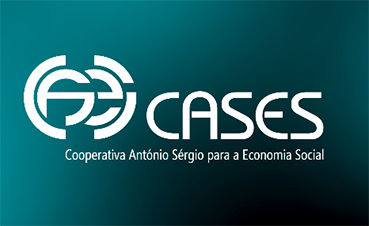The António Sérgio Cooperative for the Social Economy (CASES) has joined the pilot programme “Four-Day Week”, a programme run by the Portuguese Ministry of Labour, Solidarity and Social Security, with integrated implementation within the scope of the Decent Work Agenda. The Pilot Programme started on 5 June and will run until 30 November, involving managers and workers.
Thanks to its hybrid model, based on an effective partnership between the State and the organisations representing the social economy sector, the CASES experience will make it possible to sensitise all the entities in the sector, in all its diversity, to reflect on issues of work organisation and, at the same time, to contribute to the same debate in the public sector.
The four-day week implies a reduction in the number of working hours, without a reduction in remuneration, and its implementation will be subject to evaluation and monitoring, taking into account indicators of productivity and well-being of workers.
However, the challenge of the 4-day working week goes beyond quantitative issues: it also focuses on the quality of the organisation’s performance with a commitment to the quality of life and motivation of its managers and workers, so the feasibility and success of this experience requires the participation and commitment of all people.
The action is based on Ordinance No. 301/2022 of 20 December, which establishes the following main objectives:
a) To evaluate new ways of organising and balancing working time, which safeguard workers’ interests, reduce business operating costs, as well as environmental costs;
b) To assess the impact of reduced working time, without loss of income, on the quality of life of workers and their families;
c) And assess the effects on productivity, quality of services provided and absenteeism.







